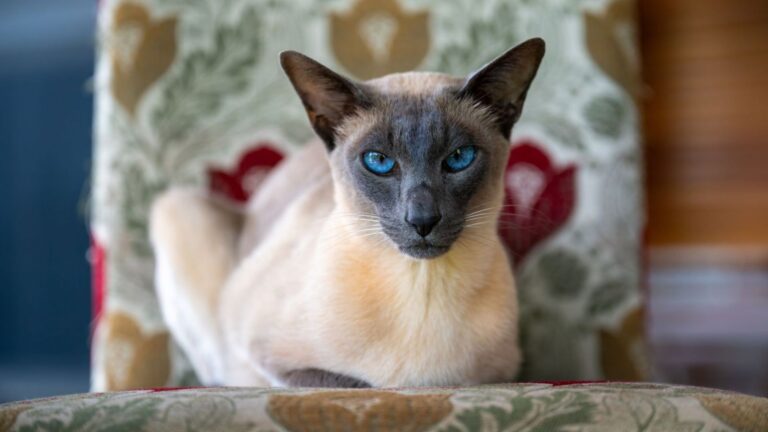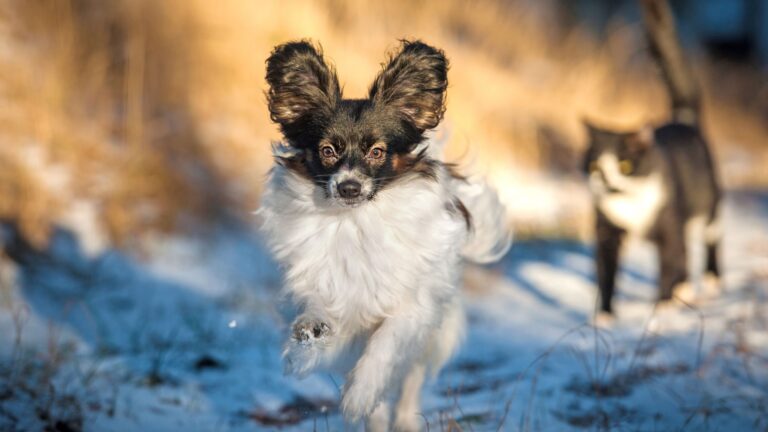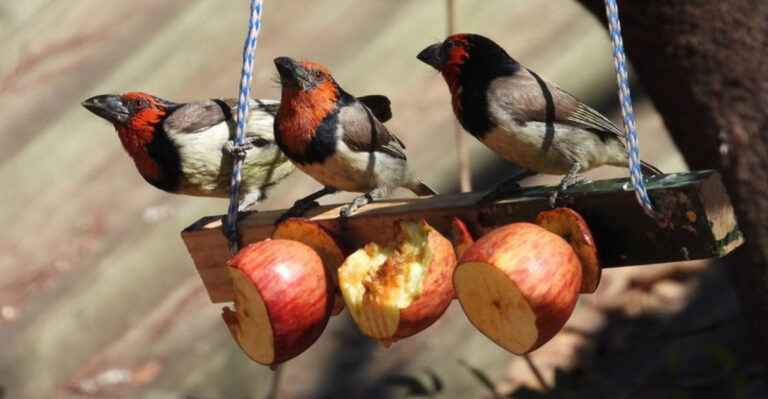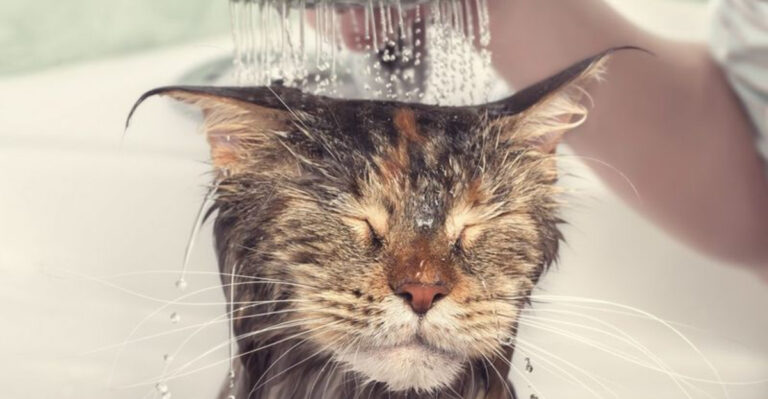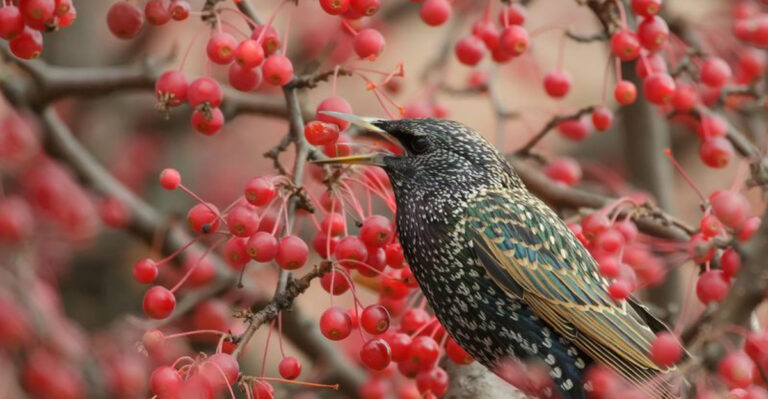10 Small Dog Breeds That Don’t Like Other Dogs (And 5 That Absolutely Love Them)
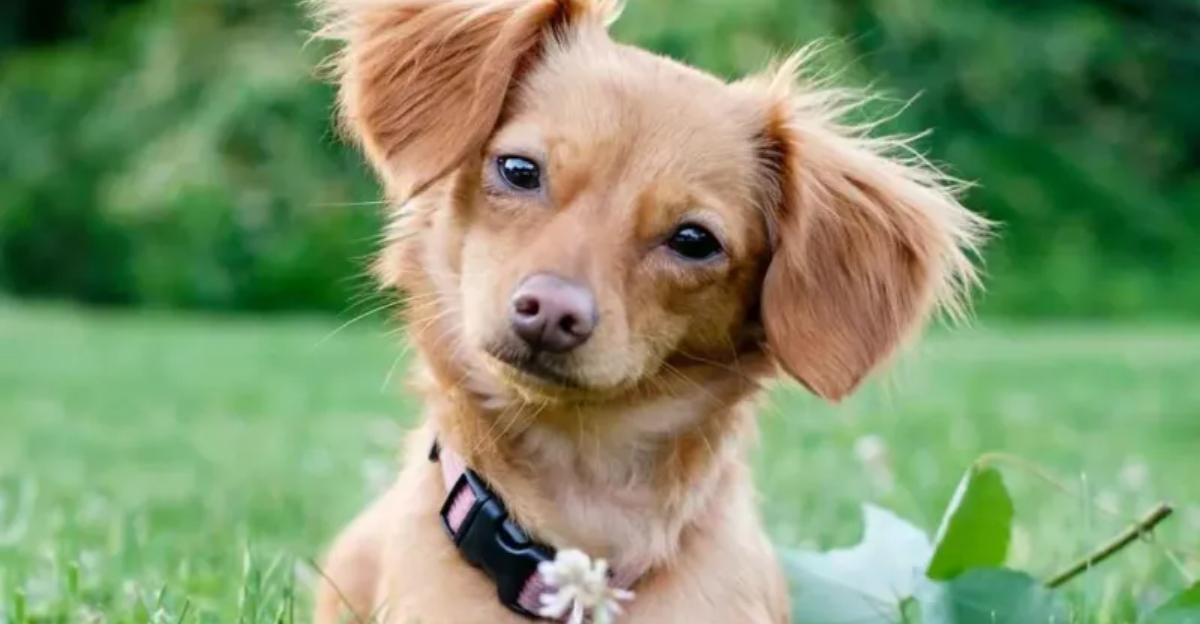
Dogs have unique personalities just like humans do. Some small breeds prefer flying solo, guarding their territory with fierce dedication despite their tiny stature.
Others are social butterflies who thrive on canine companionship, making them perfect for multi-dog households or frequent dog park visits.
Understanding these natural tendencies can help you choose the right furry friend for your home situation or manage the relationships between pets you already have.
1. Chihuahua
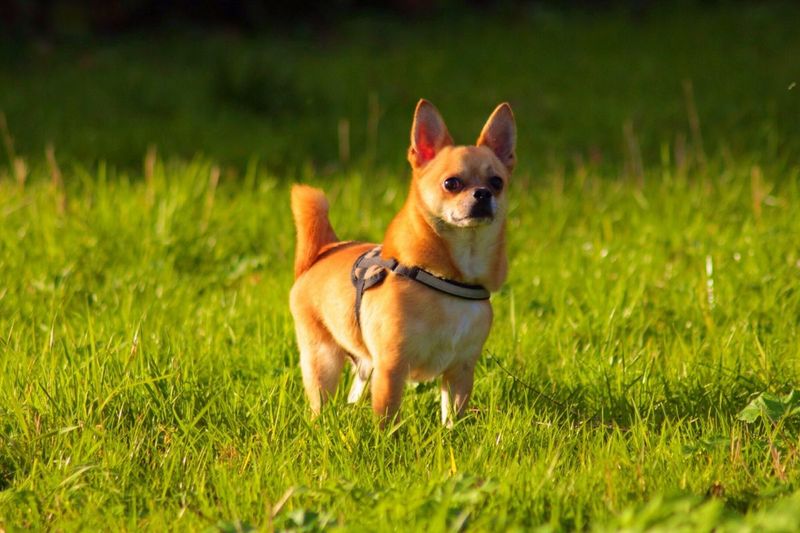
Despite weighing just 6 pounds, Chihuahuas pack massive personalities into tiny frames. These pint-sized pups often believe they’re much larger than reality suggests.
Their loyalty to human family members typically doesn’t extend to other canines. Early socialization helps, but many Chihuahuas simply prefer being the only four-legged royalty in their kingdom.
2. Shih Tzu

Born to be companions for Chinese royalty, Shih Tzus carry themselves with dignified aloofness. Their imperial heritage shows in how they carefully select their inner circle.
While affectionate with their humans, they often view other dogs as unnecessary competition for attention. Many prefer a quiet home where they can reign as the sole recipient of belly rubs and treats.
3. Jack Russell Terrier
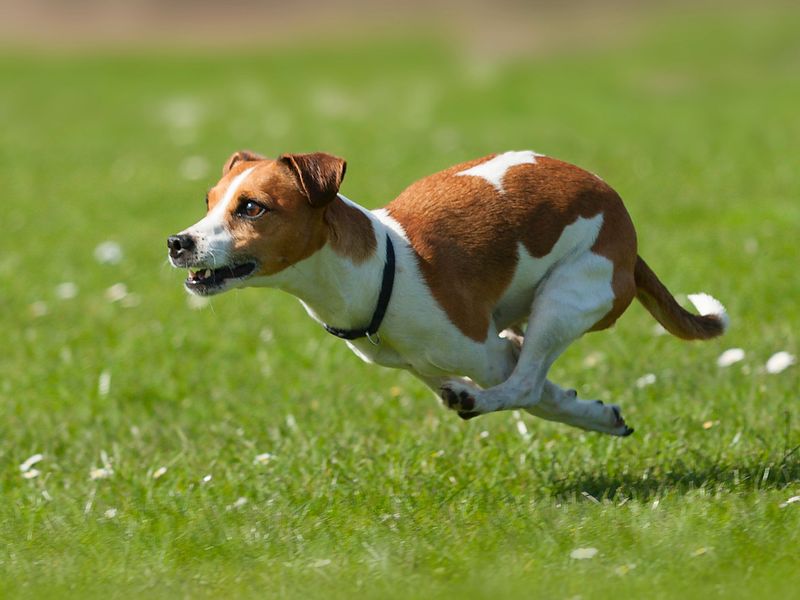
Originally bred for fox hunting, Jack Russells retain a fierce independence that can complicate doggy friendships. Their high prey drive and natural assertiveness often lead to dominance issues with other canines.
These energetic terriers frequently challenge larger dogs without considering the size difference. Without proper training, their protective instincts can quickly escalate from barking to more confrontational behaviors.
4. Dachshund
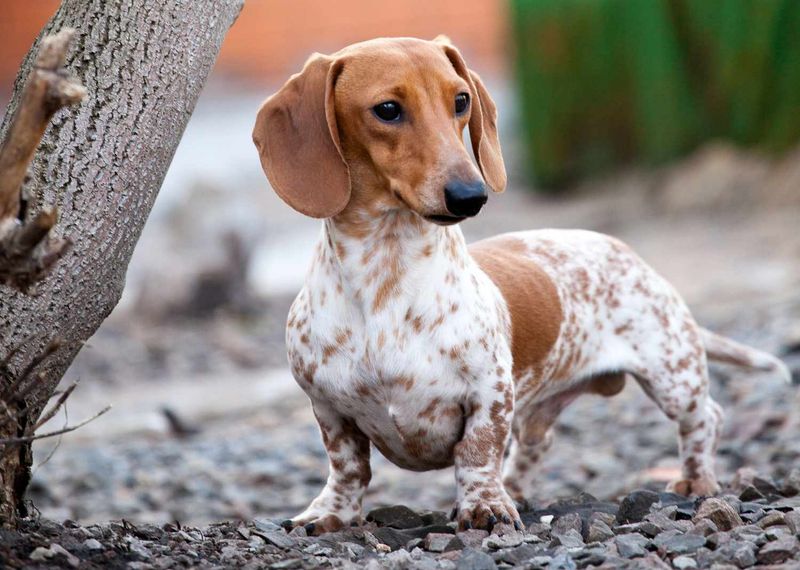
Nicknamed “wiener dogs” for their distinctive shape, Dachshunds were bred to hunt badgers underground – a job requiring serious courage. This hunting heritage gives them a tenacious spirit that doesn’t always play well with others.
Their long bodies house stubborn personalities and a surprising amount of bravery. Many Dachshunds establish themselves as the household alpha, regardless of who else has paws in the home.
5. Bichon Frise
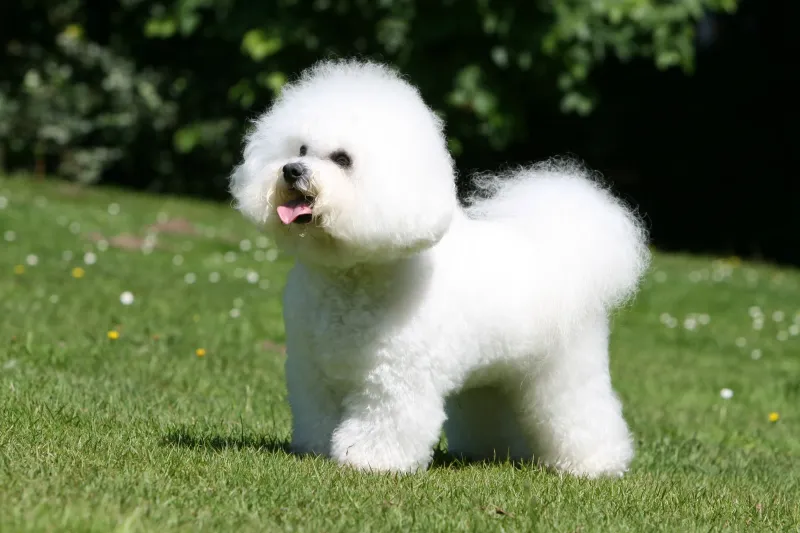
Behind those fluffy white coats and button eyes lies a surprisingly selective social nature. Bichons often approach new dog friends with hesitation, carefully assessing potential playmates before deciding if they’re worthy companions.
Their caution stems from sensitivity rather than aggression. These powder-puff pups typically prefer familiar faces and established routines, making sudden canine introductions potentially stressful for them.
6. Maltese
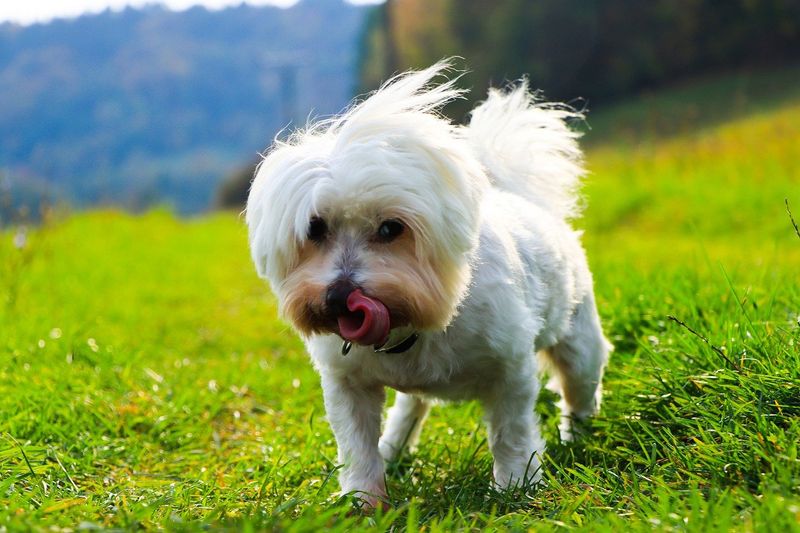
Aristocratic in bearing and ancient in lineage, Maltese dogs have been cherished companions to nobility for thousands of years. Their historical purpose was human companionship, not canine socialization.
These silky-haired beauties often develop intense bonds with their people, sometimes becoming jealous when attention diverts elsewhere. Many Maltese view other dogs as unwelcome distractions from their rightful place as the center of human affection.
7. Pekingese
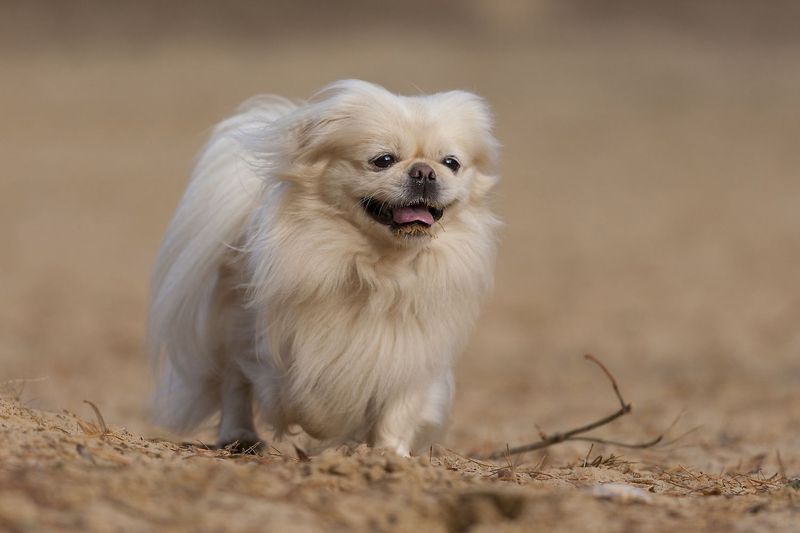
Once the treasured companions of Chinese emperors, Pekingese carry themselves with imperial dignity. These lion-maned little dogs were historically forbidden to anyone outside the Imperial palace.
Their regal heritage manifests as self-importance that leaves little room for canine friendships. Many Pekes view other dogs as peasants unworthy of their royal attention, preferring to maintain their dignified solitude among human admirers.
8. Cocker Spaniel
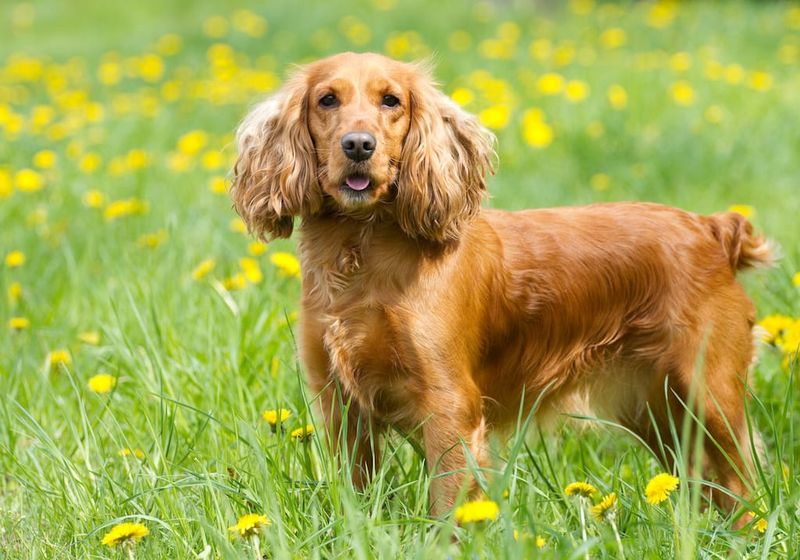
Those soulful eyes and silky ears might charm humans instantly, but Cocker Spaniels often reserve their affection exclusively for two-legged family members. Their hunting background created a strong desire to please humans rather than canine companions.
Resource guarding tendencies can emerge around food, toys, or favorite people. While not typically aggressive, many Cockers simply prefer the predictable company of their human pack over the chaotic energy of other dogs.
9. Chihuahua Mixes
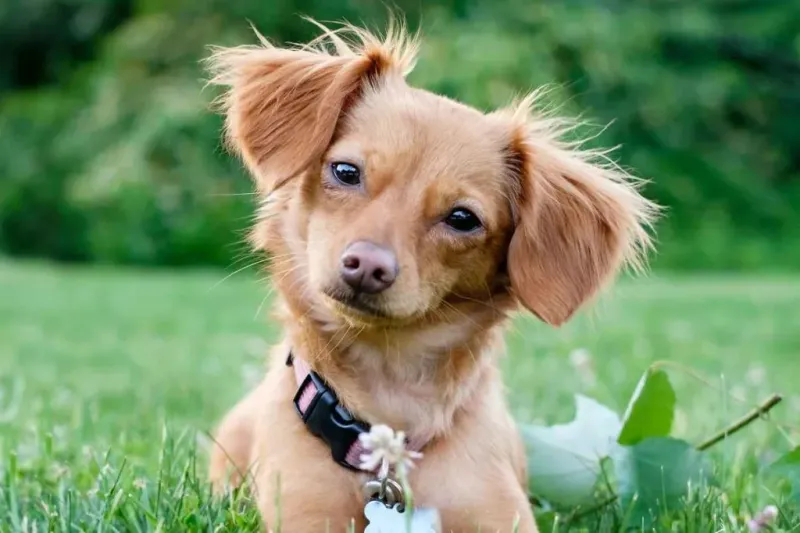
When Chihuahua genetics blend with other breeds, the territorial instincts often remain prominently expressed. These mixes frequently inherit the Chihuahua’s legendary loyalty alongside their suspicious nature toward unfamiliar dogs.
The Chi-mix personality lottery can produce anything from slightly standoffish to actively defensive behaviors. Even when mixed with traditionally friendly breeds, many retain that signature Chihuahua wariness that makes dog-park playdates challenging.
10. French Bulldog
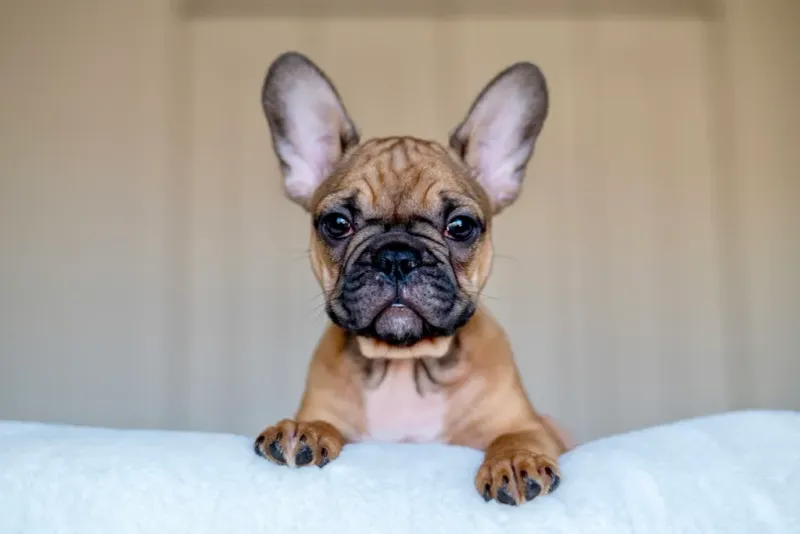
Beneath those adorable bat ears and squishy faces lies a surprisingly independent spirit. Frenchies weren’t bred for pack life, instead developing as companions who march to their own quirky drumbeat.
Their bulldog heritage gives them a determined streak that can manifest as stubbornness around other dogs. Many Frenchies establish firm boundaries about personal space, preferring selective socialization rather than free-for-all playdates.
11. Pug

With their wrinkled faces permanently set to “friendly,” Pugs rarely meet a dog they don’t consider a potential playmate. Their history as companion animals bred specifically for sociability shines through in every interaction.
Lacking the territorial instincts of many small breeds, these charming clowns typically approach other dogs with wiggly enthusiasm. Their easygoing nature makes them excellent candidates for multi-dog households or frequent dog park adventures.
12. Cavalier King Charles Spaniel
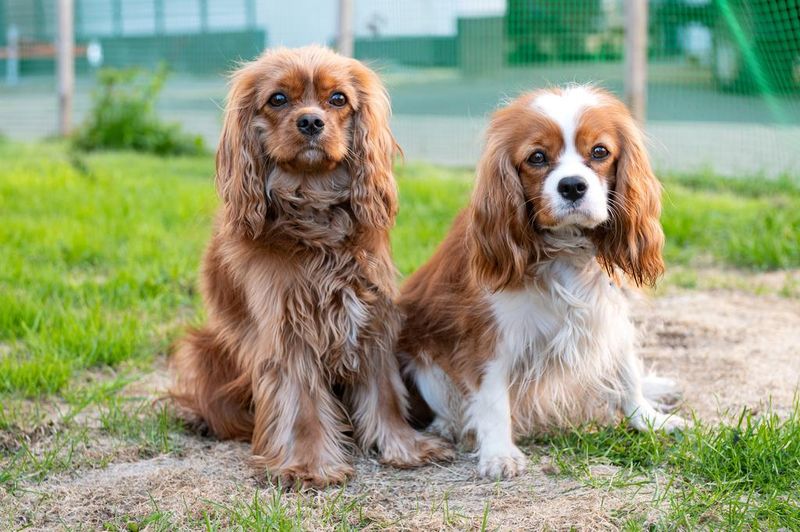
Cavaliers combine royal elegance with puppy-like friendliness that extends to everyone they meet. These velvet-eared charmers approach life with a fundamental belief that every creature is a friend waiting to happen.
Their gentle temperament stems from centuries of companionship breeding. Most Cavaliers greet fellow dogs with the same enthusiastic tail wags they reserve for human friends, making them exceptional candidates for households with multiple pets.
13. Yorkshire Terrier
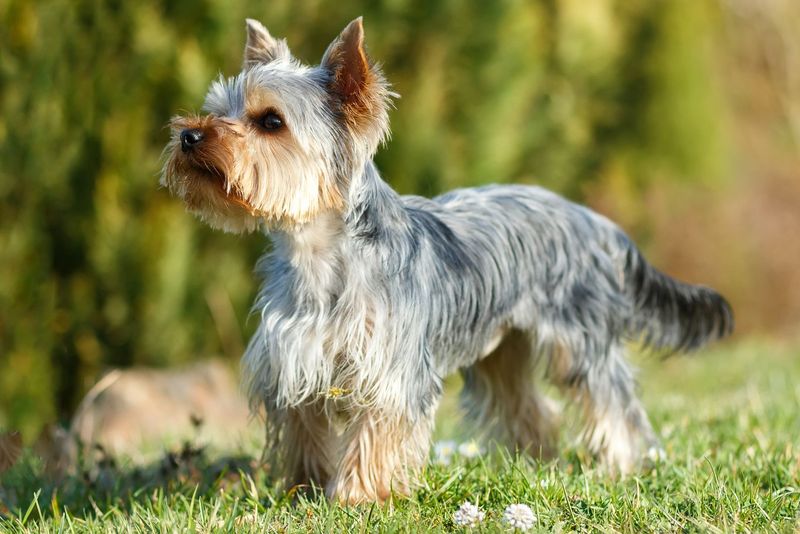
Don’t let those silky coats and tiny frames fool you – Yorkies pack boundless energy and surprising courage into their diminutive bodies. Originally rat catchers in textile mills, they’ve retained their spunky personalities while developing impressive social skills.
Unlike many small breeds, well-socialized Yorkies typically enjoy canine companionship. Their playful nature and minimal territorial instincts make them excellent candidates for doggy playdates and multi-pet households.
14. Pomeranian
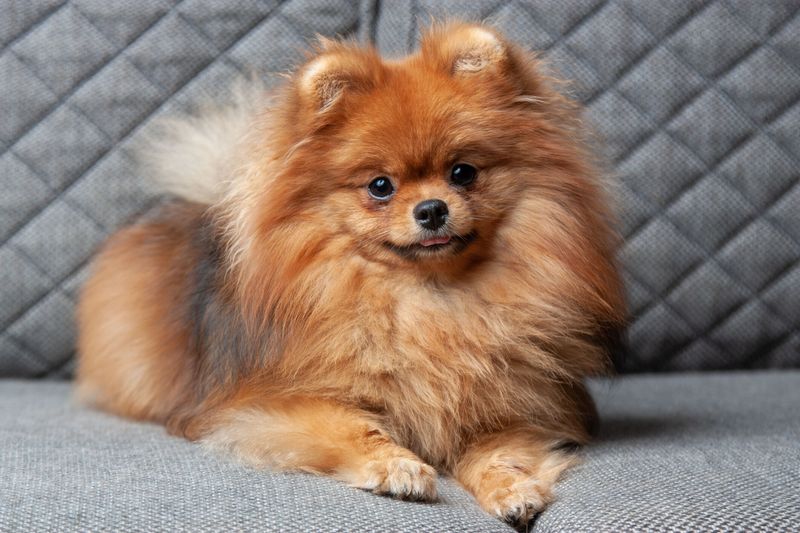
Beneath those spectacular fox-like coats beats the heart of a social extrovert. Pomeranians may be tiny, but their capacity for friendship knows no bounds – they’re often the life of the doggy party.
Their playful personalities and expressive faces make them natural communicators with other dogs. While they sometimes forget their small stature when approaching larger breeds, most Poms genuinely enjoy canine companionship and thrive in social settings.
15. Shiba Inu
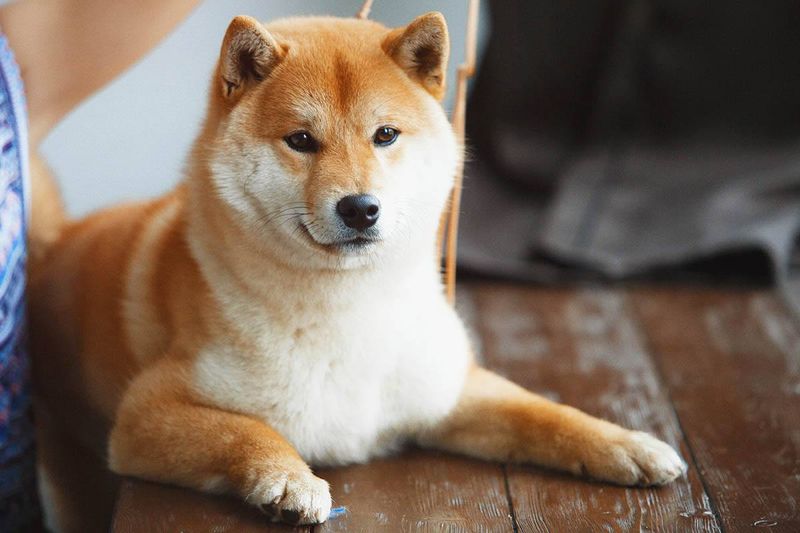
Shibas balance their famous independence with an unexpected talent for dog-to-dog diplomacy. These fox-like Japanese dogs communicate clearly with canine companions through their expressive faces and body language.
While they maintain their dignity and personal boundaries, well-socialized Shibas typically enjoy structured play with other dogs. Their clear communication style and respect for space often earn them friends even among more selective breeds.

